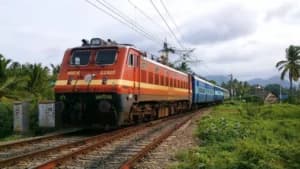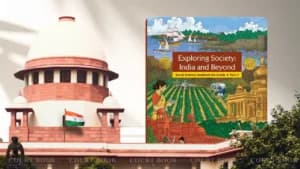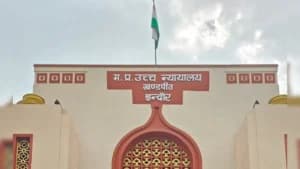Two individual bike owners approached the Karnataka High Court on June 24, opposing a recent single-judge order that banned the operation of bike taxis in the state. They contended that this ban has caused significant difficulties for daily commuters and violates provisions under the Motor Vehicles (MV) Act and Aggregator Rules that legally support two-wheelers being used as transport vehicles.
The matter was heard by a division bench comprising Acting Chief Justice V Kameswar Rao and Justice C M Joshi. The appeals were filed not only by the bike owners but also by bike taxi aggregators like Ola, Uber, and Rapido, who are also affected by the April ruling.
Read Also:-Karnataka High Court Urges State to Regulate STPs, Address Manual Scavenging Deaths
The single judge’s earlier order had stated: "Unless the State Government notifies relevant Guidelines under Section 93 of the Motor Vehicles Act, 1988 and Rules thereunder, the petitioners (Ola, Uber, Rapido) cannot operate as Aggregators offering Bike-Taxi Services." The court further clarified that the state’s Transport Department cannot be compelled to register motorcycles as transport vehicles or to issue contract carriage permits for them.
The judge had also directed that all bike taxi operations be stopped within six weeks, with the final cut-off date being June 15. Following this deadline, the operations were supposed to cease from June 16 onwards.
During the recent hearing, Senior Advocate Dhyan Chinnappa, appearing for bike owners Varikruti Mahendra Reddy and Madhu Kiran, argued: "I have a fundamental right to operate my business. If the law allows it, then the State cannot prevent it. If safety is a concern, then the welfare state must address it instead of banning operations outright."
He explained that transport vehicles include public service vehicles and are further classified into categories like contract carriages, which themselves include motor cabs and maxi cabs. "Motor cabs are clearly defined under aggregator licenses and include two-wheelers. I am entitled to registration," he asserted.
Chinnappa also challenged the notion that bike taxis must be linked to aggregators, stating that currently over one lakh bike taxis are operating, reflecting widespread public use.
He referred to a state committee report that opposed bike taxis, claiming it failed to consider the impact on traffic congestion or commuter convenience. "The committee concluded that bike taxis aren’t required for Bengaluru. But people want fast and affordable transport. Ironically, the State earlier promoted e-bikes and is now contradicting that stance," he submitted.
Highlighting the legal inconsistencies, he added, "There’s no restriction in the law for contract or transport carriage for two-wheelers. In 11 states, bike taxis run under formal rules. The State cannot unilaterally refuse to register or permit them."
When the court inquired whether bike taxis run smoothly in these states, the Advocate General responded: "Only limited numbers are allowed and no transport vehicle is formally given a taxi permit. Ola and Uber operate in a restricted manner in some states."
Chinnappa countered by pointing out that Karnataka's own aggregator rules include bike taxis, and that citizens have the constitutional right to choose their mode of transport. My fundamental right includes choosing whether to take the metro or a bike taxi. This right cannot be denied. The MV Act provisions leave no room for arbitrary policy-making on this matter, he said.
He emphasized that aggregators are intermediaries and do not direct vehicles to drivers. Once a bike is legally registered, it can be listed on a platform. If the law permits motorcycles as transport vehicles, aggregation must also be allowed, he said.
Quoting news reports, he stated: "Recent reports show that the ban has been disastrous for commuters. For the past 7 to 10 days, aggregators have halted services, which has significantly impacted daily travel. The State appears unaware of the ground reality."
He insisted that under the MV Act, bike owners are entitled to both registration as transport vehicles and the issuance of contract carriage permits. He added, "The right to deny these does not rest with the State. The registration of vehicles is entirely within the Central Government’s jurisdiction."
He argued that while the power to grant contract carriage permits lies with the State, it is still regulated by guidelines from the Central Government. Therefore, the State cannot arbitrarily deny permits to an entire category of vehicles.
The MV Act does not allow the blanket refusal of registration for all motorcycles. While the State may set some limits, it cannot single out two-wheelers for exclusion, he asserted.
Following the arguments, the court scheduled the matter for further hearing on Wednesday at 2:30 PM.















